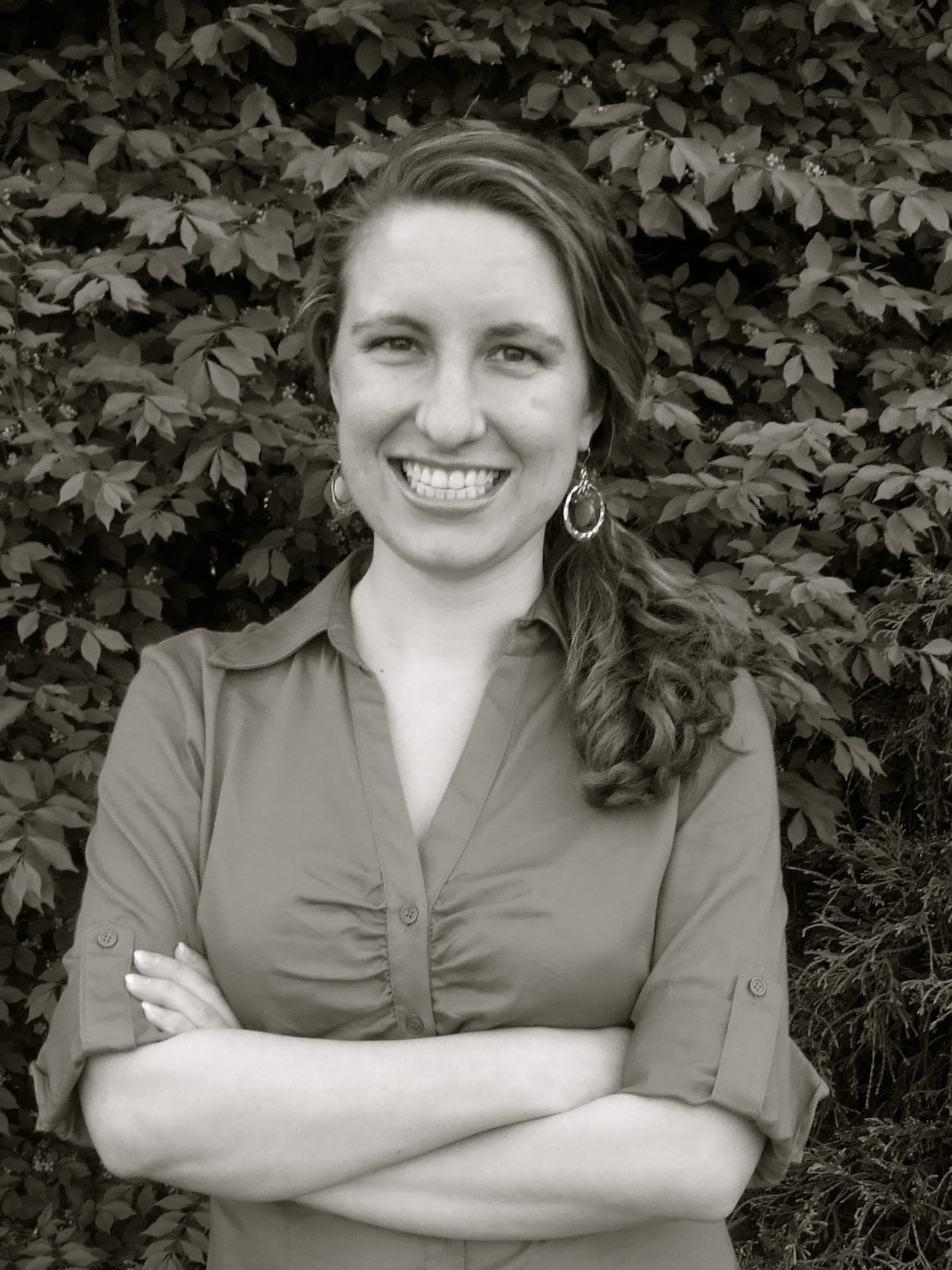Back to full schedule.
Educational Sessions
Topics in Urban Forestry
Neighborhood and Nonprofit Urban Forestry: Results of a 5-City Study
Tuesday, 11 August 2015
4:20 PM — 5:00 PM
Osceola Ballroom A
A, M, Bm
Trees in urban areas provide ecological, economic, and social benefits to urban residents, and urban communities may plant trees with the intent of increasing these benefits. Few studies have examined the success of urban trees in the ecological and social context in which they are planted and grow. And even fewer have considered potential social benefits to community groups who partake in tree planting. This presentation will discuss the results of a 5-city study of urban nonprofit tree-planting programs. We gathered extensive data about tree planting projects occurring in neighborhoods between 2009 and 2011 in cooperation with 5 nonprofit members of Alliance for Community Trees: Trees Atlanta (GA), The Greening of Detroit (MI), Keep Indianapolis Beautiful (IN), Pennsylvania Horticultural Society (Philadelphia, PA), and Forest ReLeaf of Missouri (St. Louis, MO). This study collected information about the planted trees and their growing environment using the Planted Tree Re-Inventory Protocol and about maintenance practices and other community dynamics gathered through interviews and surveys of residents in neighborhoods in which trees were planted. By using a unique multi-city dataset that combines information on planted trees, nonprofit programs, individual planting projects, land use, and neighborhoods and neighborhood residents, this presentation will start to answer two questions: (1) What factors influence the survival of recently-planted urban trees? and (2) What are the social outcomes of participation in neighborhood and nonprofit tree planting for the community?
Presenter Information
-
-
 Jessica M Vogt
Jessica M Vogt
Jess Vogt studies urban social-ecological
systems and sustainability science, with an emphasis on urban forestry. She
will be joining the DePaul University faculty as an Assistant Professor in the
Department of Environmental Science and Studies in September 2015. From
2014-15, she was a Visiting Assistant Professor of Sustainability Science at
Furman University (Greenville, SC). Her PhD, MPA, and MSES degrees are from
Indiana University (Bloomington, IN), where she worked with the Bloomington
Urban Forestry Research Group (BUFRG)..
DePaul University, Chicago, IL, United States
-
 Shannon Lea Watkins
Shannon Lea Watkins
Shannon
Lea Watkins is a doctoral candidate in public affairs at the School of Public
and Environmental Affairs (SPEA) at Indiana University. Her primary research
interests are at the intersection of community well-being and environmental
health and her current projects
examine the social
and environmental outcomes of neighborhood engagement in urban forestry, urban
environmental justice, and public policy strategies for urban forest management.
Shannon
Lea is an affiliate of the Bloomington Urban Forestry Research Group (BUFRG)
where she and her colleagues examine urban systems through the perspective of
social-ecological systems. Shannon Lea is currently based in San Francisco,
California.
Presentation file information